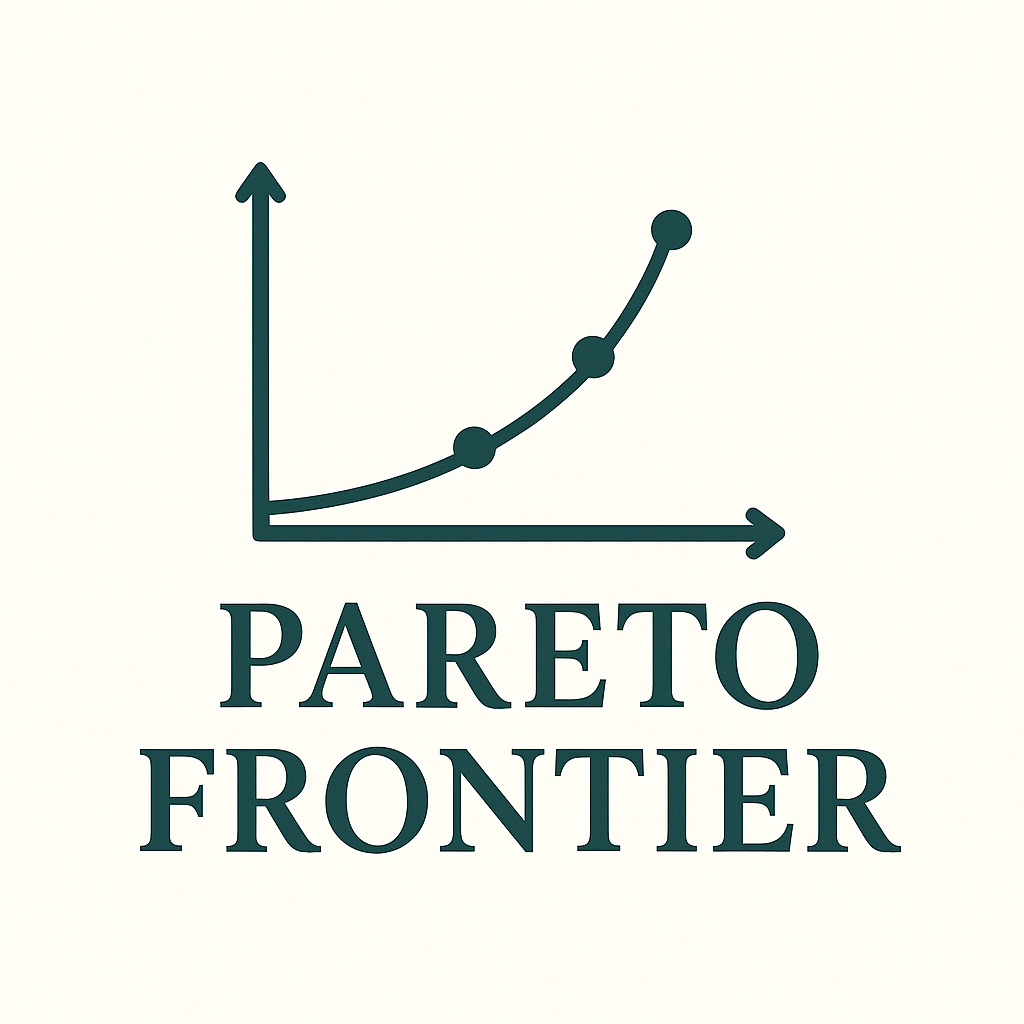Decision Making: Are You on the Pareto Frontier?
Have you experimented with this intriguing approach to meaningful comparison?
When I was graduating from my bachelor’s degree, the single attribute everyone cared about after landing a job was salary.
Comparing ourselves to others is not country-specific—it’s a global phenomenon. Social media amplifies this, often leading to depression, insecurity, and other psychological challenges.
A More Meaningful Way to Compare
Instead of just comparing salary, we can adopt a holistic perspective. For example, consider someone earning $1M/year:
- Do they spend as much time with family as I do?
- Do they have time for hobbies or personal interests—swimming, hiking, reading, cycling—as much as I do?
- Among those earning a similar amount, do any spend more time with family or pursuing hobbies?
- If so, do I earn more than them while maintaining my lifestyle balance?
The Pareto Frontier Approach
This aligns with the concept of the Pareto frontier:
Strive to maximize one metric without compromising another.
For example, considering leisure time (A) and salary (B):
- Among those enjoying at least the same leisure time, I aim to earn the highest salary.
- Among those with the same salary, I aim to have the most leisure time.
Why It Matters
Adopting this mindset helps us see that lower pay doesn’t automatically mean a suboptimal choice—especially when making life-altering decisions, like switching careers or relocating.
It’s about finding the balance between success and well-being, not just competing on a single metric.




